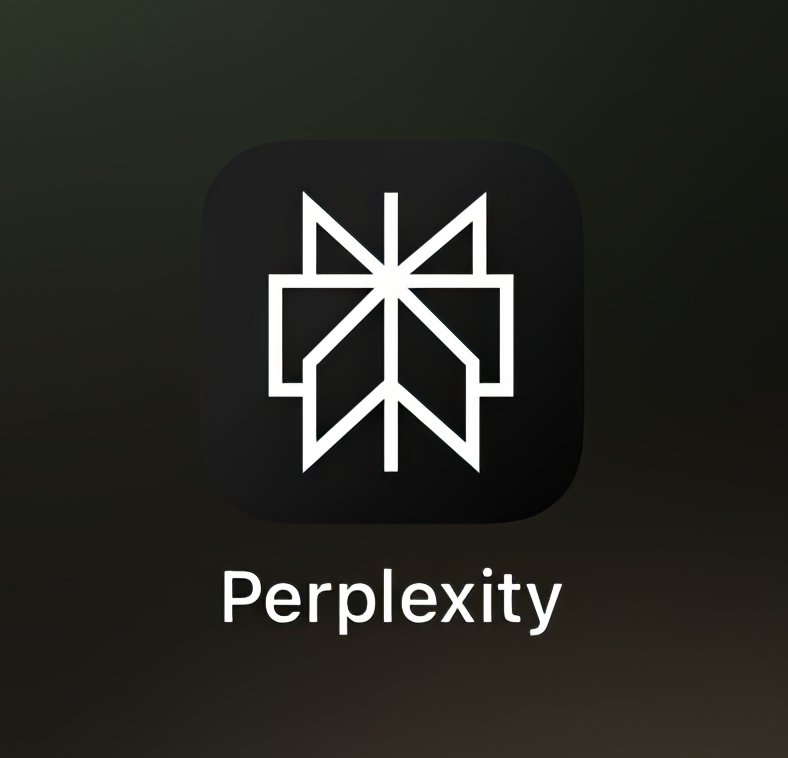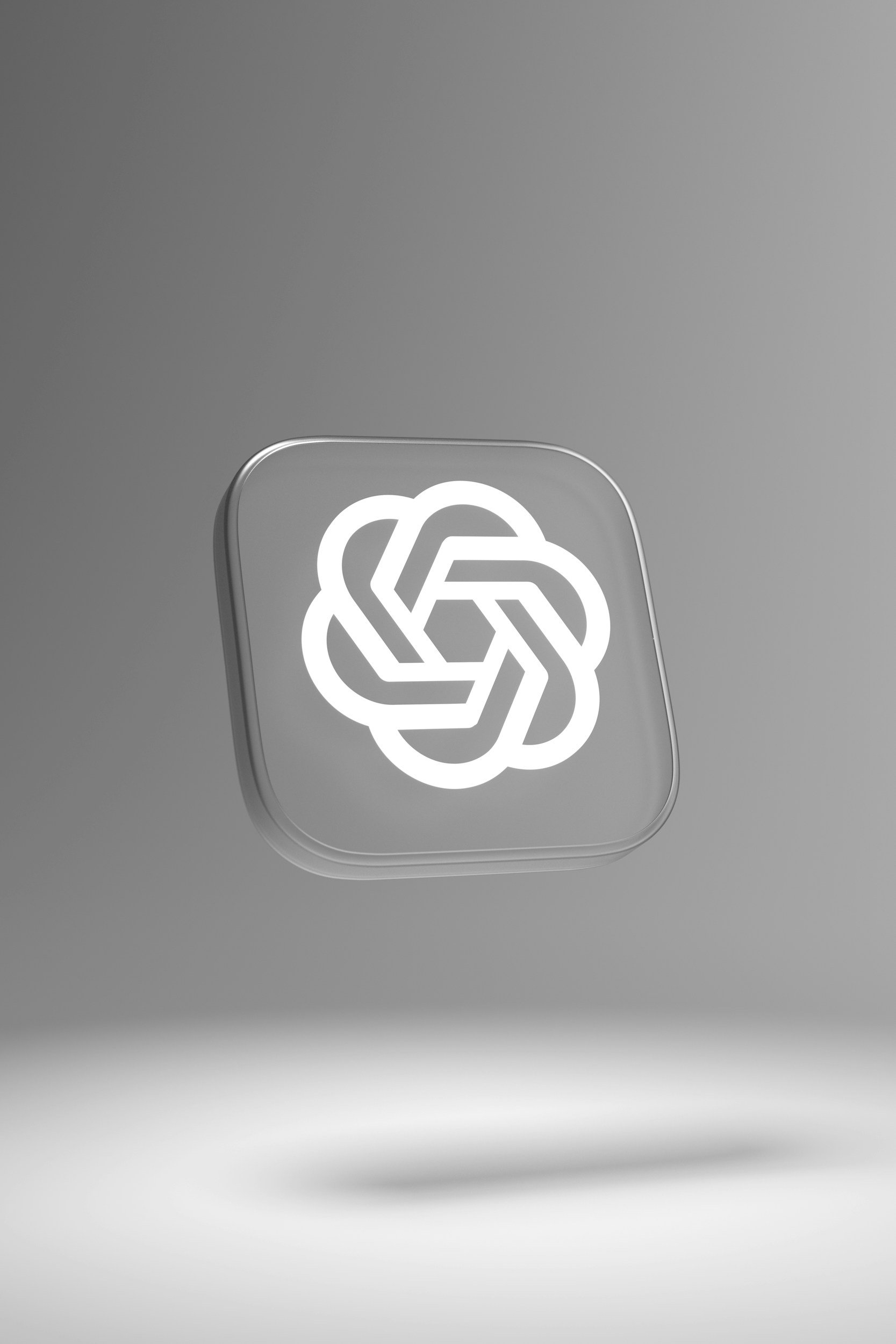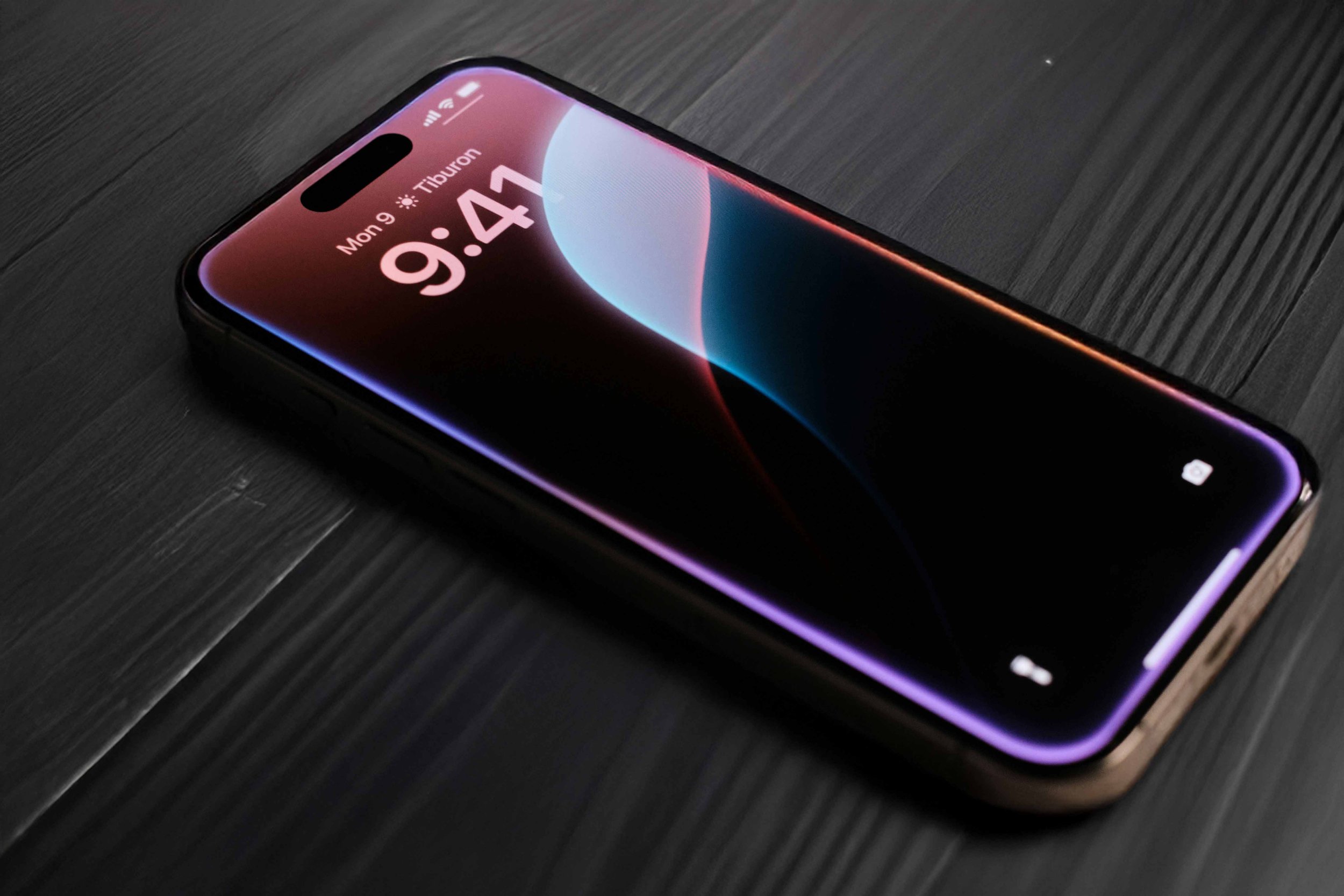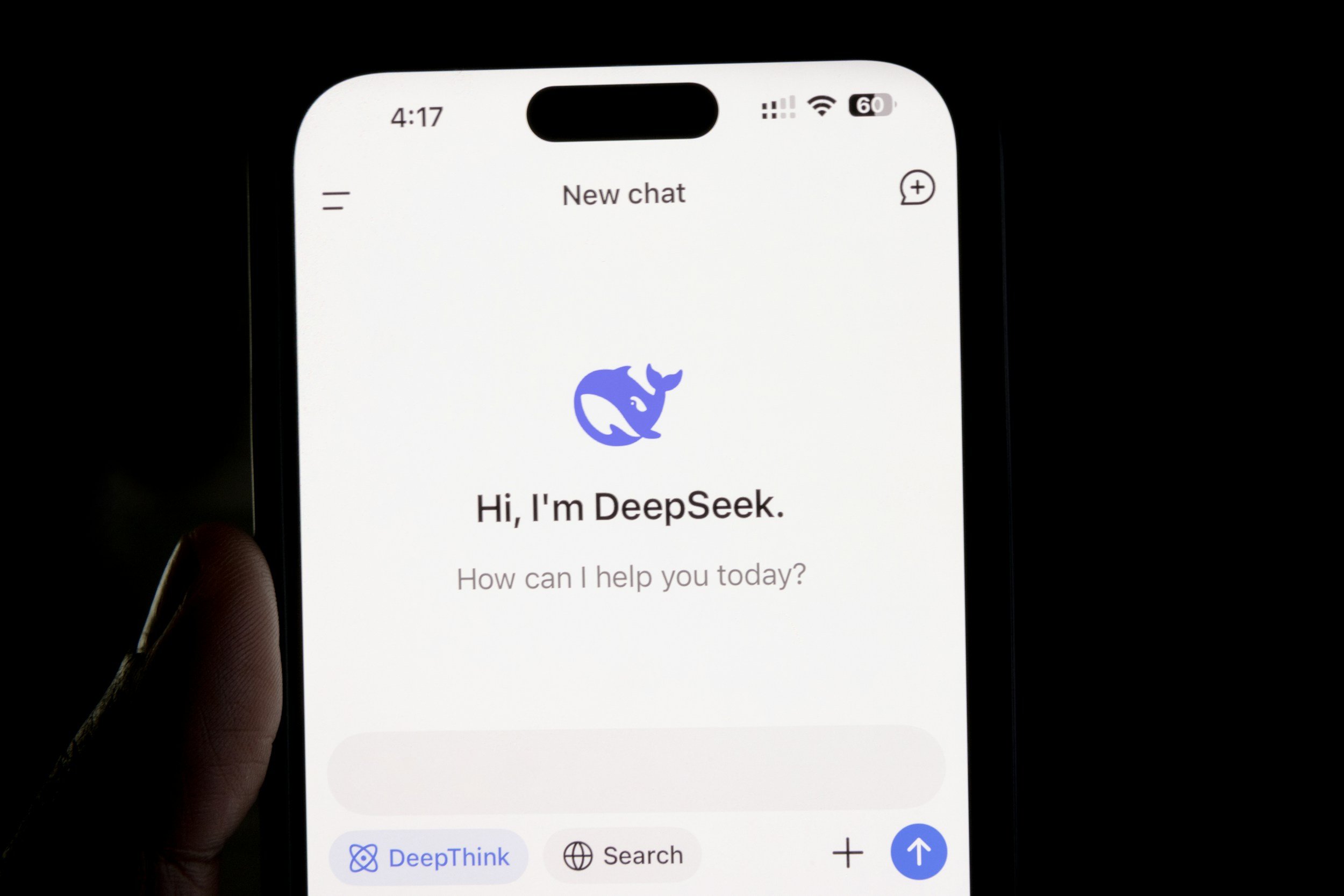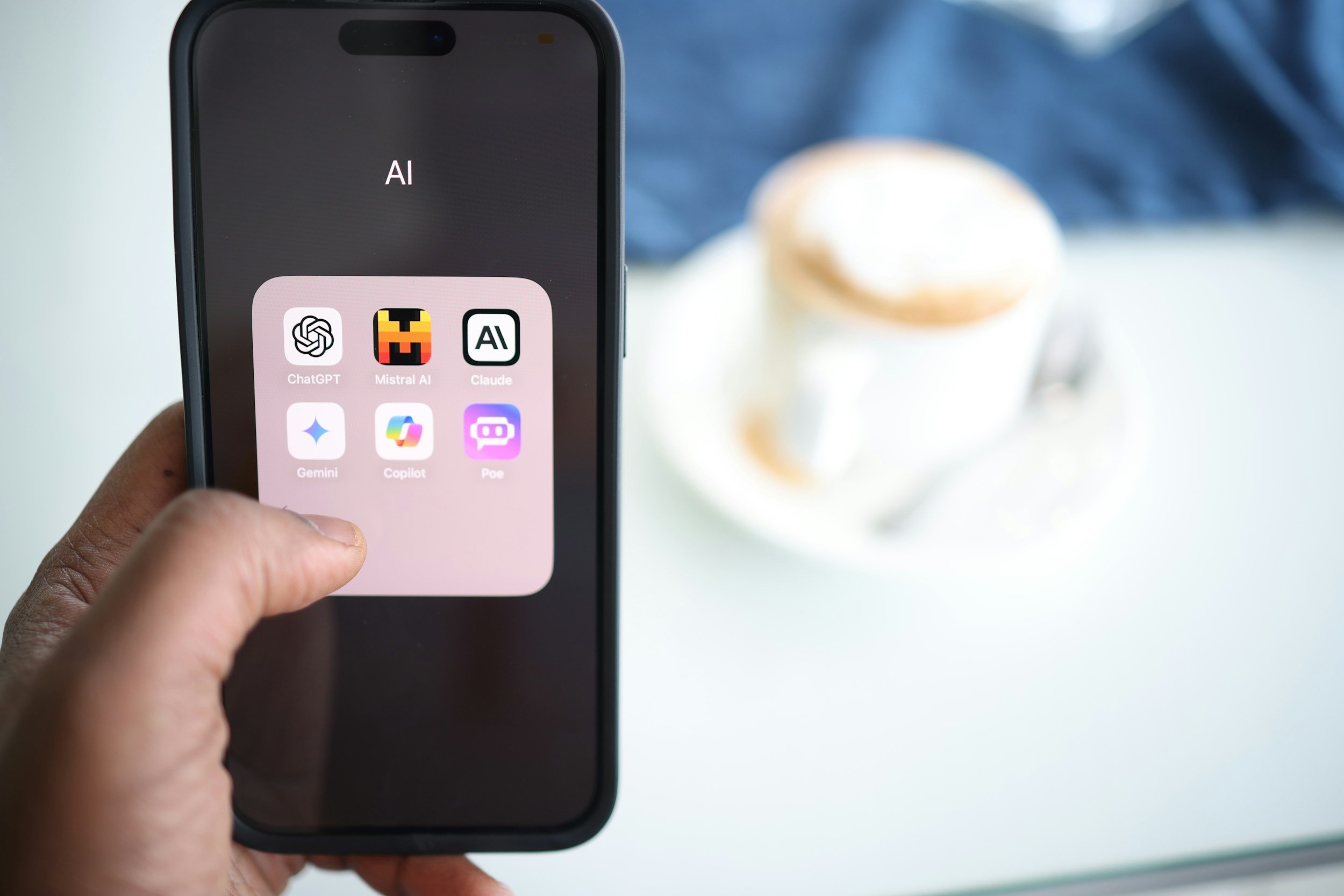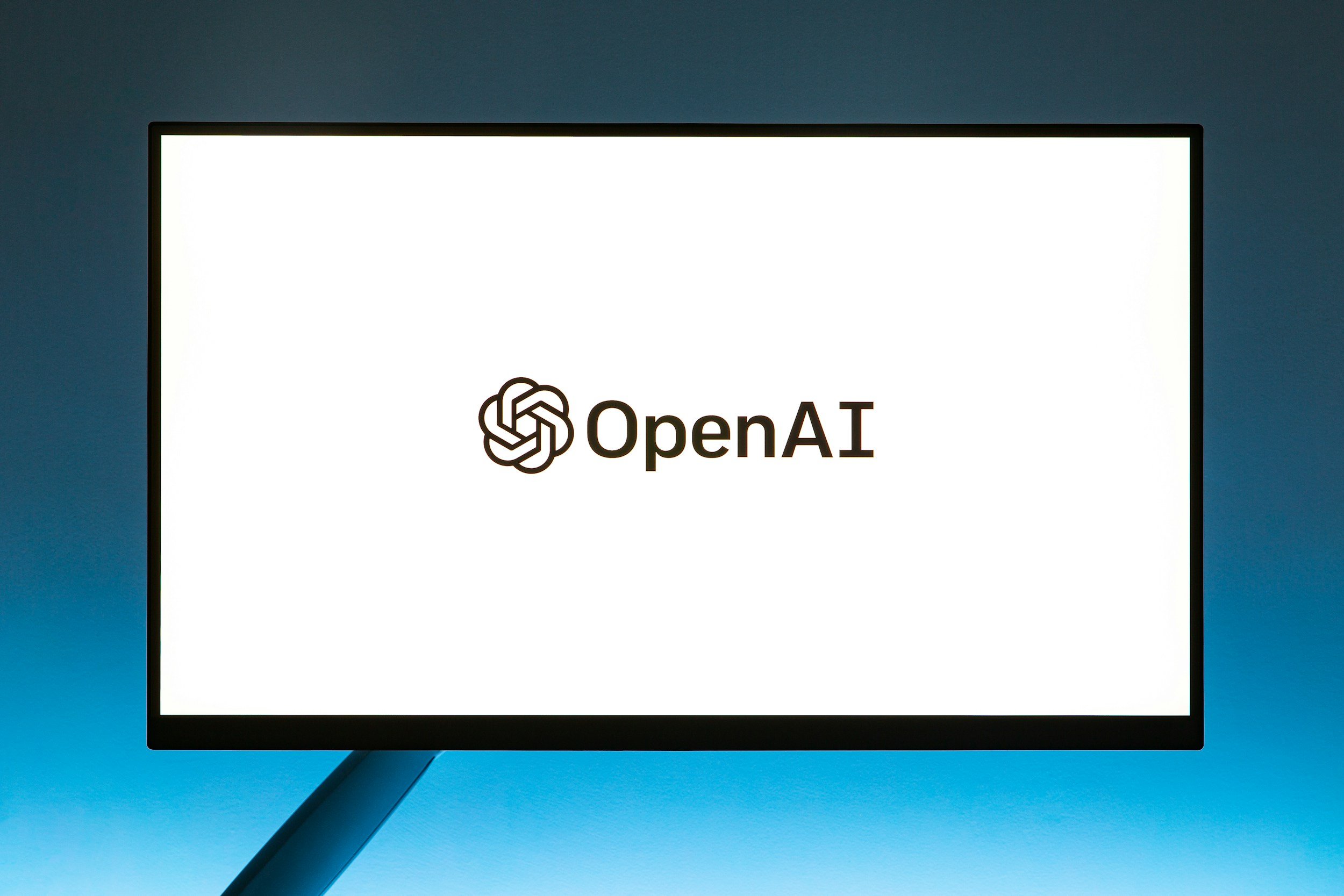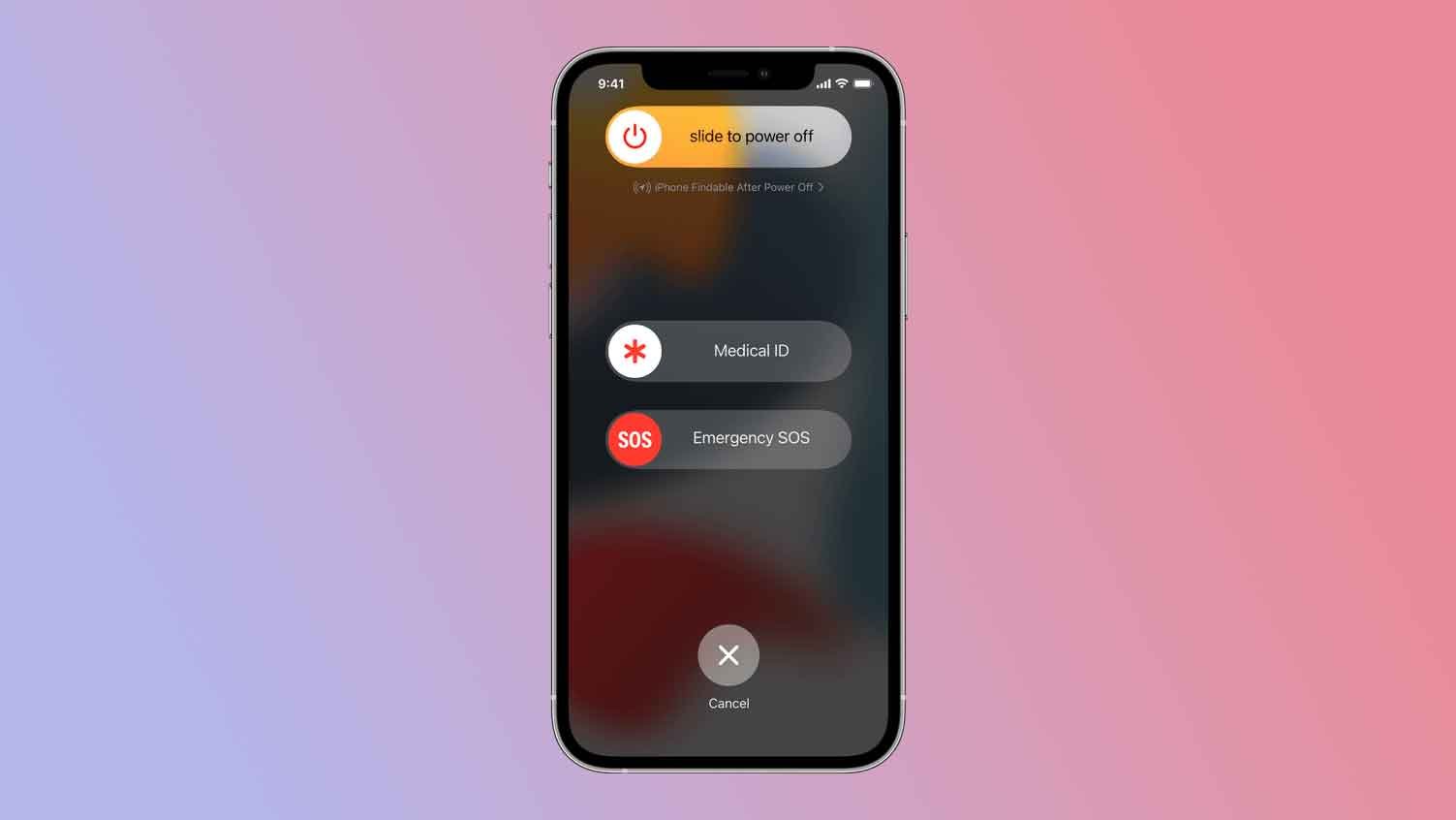What Does ChatGPT Stand For?
When you purchase through links on my site, I may earn an affiliate commission. Here’s how it works.
Table of Contents Show
ChatGPT. Now, you've probably heard of it, maybe even played around with it a little, but have you ever stopped to think about what those letters actually mean?
We're so used to AI popping up in our phones, our cars, even our refrigerators these days, but ChatGPT is something else. It's not just recommending your next song or telling you the fastest route home. This thing can write poems, translate languages, and even generate code like it's nothing. Seriously, it's kind of wild.
And that's why I'm here to break it down for you. We're gonna dissect this acronym, ChatGPT, piece by piece, so you can really understand what's going on under the hood. We'll talk about how it works, what it can do, and maybe even touch on some of the bigger questions it raises about the future of, well, everything.
So, if you're ready to go beyond the hype and get a real understanding of this game-changing tech, stick around. Here we go!
What Does Chat in ChatGPT Stand For?
First up, "Chat". Pretty straightforward, right? You interact with ChatGPT through a chat interface. Think of it like texting a super smart friend. You type in your questions, requests, or prompts, and it responds in a conversational way.
But this isn't your average chatbot with pre-programmed responses. ChatGPT can actually hold a conversation, remember what you've said earlier, and even admit when it's wrong (at least most of the times). It's designed to feel natural and intuitive, which is a big part of what makes it so different.
What Does G Stand For in ChatGPT?
Next, the "G" stands for Generative. Generative AI means this model doesn't just retrieve information; it creates. Think of it like this: instead of just finding a webpage with the answer you're looking for, ChatGPT actually generates the answer itself, in its own words.
And it's not just limited to basic text. ChatGPT can write poems, scripts, even musical pieces to some extend! Need a cover letter for a job application? ChatGPT can draft one. Want a bedtime story for your kids? It can do that too (even though they’re sometimes quite creepy). The possibilities are almost endless.
What Does P Stand For in ChatGPT?
ow for the "P", which stands for Pre-trained. This is all about how ChatGPT learns. Before you ever interact with it, it's been fed a massive amount of text data. We're talking books, articles, code, the whole shebang. This "pre-training" allows it to learn patterns in language, understand context, and generate human-like text. It's kinda like giving someone years of education before they even start the job.
What Does T Stand For in ChatGPT?
Finally, we have the "T", which stands for Transformer. This is the tech at the heart of ChatGPT. Without getting too deep into the weeds, it's a type of neural network architecture that's really good at understanding relationships between words in a sentence. This is what allows ChatGPT to generate such coherent and contextually relevant responses.
How Does ChatGPT Work?
Alright, so we've unpacked the acronym, but let's go deeper into the engine room of ChatGPT. This is where the real magic happens, and it all starts with something called a Large Language Model, or LLM.
Large Language Models (LLMs)
Think of an LLM like a massive library, but instead of books, it's filled with digital text. We're talking billions of words, from books and articles to code and social media posts. ChatGPT is one of these LLMs, and it uses this vast amount of data to understand and generate human language. It's like it has read everything ever written, and it uses that knowledge to communicate with you.
Natural Language Processing (NLP)
Now, how does it actually understand what you're saying? That's where Natural Language Processing, or NLP, comes in. NLP is a field of AI that focuses on enabling computers to understand, interpret, and generate human language.
It's what allows ChatGPT to analyze your words, figure out the context, and respond in a way that makes sense. It's similar to having a conversation with someone who speaks your language fluently, even if you're talking about something complex or nuanced.
Machine Learning
But ChatGPT doesn't just understand language; it learns from it. This is where Machine Learning comes into play. Essentially, ChatGPT is constantly being trained and refined based on the interactions it has with users.
Every time you use it, you're helping it learn and become even better at understanding and generating human language. You can think of it as a student who gets smarter with every lesson.
GPT-3.5, GPT-4, GPT-4o
Now, you might have heard of different versions of ChatGPT, like GPT-3.5, GPT-4, and even GPT-4o. These are different iterations of the model, each with its own set of capabilities. Think of it like software updates for your phone. Each new version brings improvements in things like accuracy, fluency, and the ability to handle more complex tasks.
Of course, we can't talk about ChatGPT without mentioning the team behind it: OpenAI. They're the ones who developed this groundbreaking (usually, I don’t like using this word, but I think in this case it’s actually accurate) technology, and they're constantly pushing the boundaries of what's possible with AI.
How Is ChatGPT Different from Other Language Models?
So, what makes ChatGPT different from other language models? It's a combination of factors. The massive dataset it's trained on, the advanced NLP techniques it uses, and the constant learning and improvement through machine learning. It's kinda like comparing a basic calculator to a supercomputer. They both do math, but one is capable of so much more.
This is the tech that's pretty much driving the AI revolution, and it's only getting started. As these models continue to evolve, who knows what they'll be capable of in the future? (I am not quite sure yet if we should look forward to it or rather be afraid of it).
Some Popular ChatGPT Use Cases
Okay, we've talked about what ChatGPT is, but now let's get into what it can actually do. Honestly, the applications for this technology are just exploding.
1. Content Creation
One of the biggest areas where ChatGPT is making waves is content creation. Think about it: this thing can write articles, social media updates, even scripts for videos.
And it's not just about churning out words. ChatGPT can actually translate languages, summarize text, and even write different kinds of creative content, like poems or songs. For anyone who works with words, this might be a total game-changer – though, I’m personally afraid that future written works may loose their human touch.
2. Customer Service
However, it's not just for writers. Businesses are starting to use ChatGPT for customer service. Imagine having an AI assistant that can answer customer questions instantly, 24/7. It can handle simple inquiries, provide support, and – if necessary – escalate complex issues to a human agent. This frees up human agents to focus on more demanding tasks, and it can lead to faster response times and happier customers (at least in theory).
3. Education
ChatGPT is also finding its way into education. It can help students with research, provide explanations for complex topics, and even offer personalized tutoring. You pretty much have a study buddy that's available anytime, anywhere, and can answer any question you throw at it – kinda like having a personal tutor in your pocket.
Nonetheless, I do see issues with cheating which is why AI detectors are becoming more and more important.
4. Coding
And for all the coders out there, ChatGPT can be a serious productivity booster. It can help you write code, debug errors, and even generate entire programs to some extend. You can think of it like a coding assistant that can autocomplete your code, suggest solutions, and even teach you new concepts. Some applications have these features build in now.
5. Personal Use
But beyond all these professional applications, ChatGPT can also be incredibly useful for personal use. Need to quickly get information on a topic? Just ask ChatGPT with its new Search Engine Integration.
Stuck on a creative project? Use ChatGPT to brainstorm ideas. Want to write a personalized email or letter? ChatGPT can help you craft a great starting point for your message. ChatGPT is pretty much a personal assistant that's always there to help you with whatever you need.
Now, these are just a few examples of what ChatGPT can do. We're seeing new use cases pop up every day. Businesses are using it to analyze data, generate marketing materials, and even create personalized experiences for their customers.
Researchers are using it to analyze large datasets, translate languages, and even discover new scientific insights. The possibilities are truly endless.
And this is just the beginning. As ChatGPT continues to evolve, we can expect even more applications to emerge. It's similar to the early days of the internet, where no one could have predicted the impact it would have on our lives.
ChatGPT’s Limitations and Some Ethical Considerations
Okay, we've hyped up ChatGPT pretty good, but let's keep it real. Every tech has its limitations, and AI is no exception. Even with all its impressive capabilities, ChatGPT has some drawbacks we need to talk about.
1. Potential Biases
First off, bias. Like any AI, ChatGPT learns from the data it's trained on. And if that data contains biases, well, the AI can inherit them. This can lead to biased outputs, which can be a real problem, especially in sensitive areas like hiring or loan applications. It's something developers are constantly working on, but it's an important issue to be aware of.
2. Lack of Real-World Understanding
Secondly, ChatGPT doesn't truly understand the real world. It can process language and generate text, but it doesn't have the same kind of common sense or lived experience that humans do. This means it can sometimes miss the nuances of a situation or generate responses that are technically correct but don't really make sense in context. Think of it like talking to someone who's read every book in the library but has never actually left their house.
3. Inability to Provide Reliable Financial, Medical, or Legal Advice
And while ChatGPT can be a great source of information, it's important to remember that it's not a substitute for professional advice. It can't provide reliable financial, medical, or legal advice yet, and you should always consult with a qualified expert in those areas.
4. Misinformation
Now, beyond these limitations, there are also some broader ethical concerns surrounding AI. One of the big ones is misinformation. Because ChatGPT can generate such convincing text, it can be used to create fake news articles, spread propaganda, or even impersonate real people. This is a serious issue, and it's important to be critical of information you come across online, even if it seems convincing.
5. Job Displacement
Another concern is job displacement. As AI becomes more sophisticated, it's natural to worry about machines taking over jobs that are currently done by humans. While it's true that some jobs may be automated, it's also important to remember that AI can create new jobs and opportunities.
It's more about adapting to the changing landscape and developing skills that complement AI, rather than competing with it.
6. AI Safety
Finally, there's the question of AI safety. As AI becomes more powerful, it's crucial to ensure it's used for good and doesn't pose a threat to humanity. This is a complex issue with no easy answers, but at least it's something that most researchers and developers are actively working on.
So, while ChatGPT and other AI tools offer incredible potential, I strongly believe it's crucial to approach them with a critical eye and consider the ethical implications.
Final Thoughts
ChatGPT, or Chat Generative Pre-trained Transformer, is a powerful language model that's changing the way we interact with AI. It's safe to say that it’s more than just a chatbot (like those from 10 years ago): it's a tool that can understand, respond to, and even generate human language in a way that was never before possible.
We've seen how it can be used for everything from writing articles and translating languages to answering customer questions and generating code. And we've only scratched the surface of what this technology is capable of.
But as with any new technology, I think it is very important to be aware of the potential downsides. Bias in training data, the spread of misinformation, and the ethical implications of AI are all important considerations. We need to be thoughtful about how we develop and use these tools to ensure they are used responsibly.
So, where do we go from here? As AI continues to evolve, we're bound to see even more incredible applications emerge. But the real question is, how will we shape this technology to benefit humanity? How will we ensure it's used for good? These are questions we all need to be thinking about.
I'm curious to hear your thoughts. What are your favorite uses for ChatGPT? What are your concerns about AI? Drop a comment below and let's discuss!
And don't forget to subscribe to my tech newsletter to stay updated on all the latest tech trends.
Thanks a lot for reading – I'll catch you in the next one! :)
FAQ
-
Look, it's a valid concern. AI is definitely changing the job market, but it's not necessarily about replacing humans altogether.
Think of ChatGPT as a tool that can automate certain tasks, freeing us up to focus on things that require uniquely human skills like creativity, critical thinking, and emotional intelligence. It's more about collaboration than replacement.
-
Treat ChatGPT like you would any other source of information: be critical and do your own research. Remember, it's trained on a massive dataset of text and code, but that doesn't mean it's always accurate or unbiased. Always double-check information, especially when it comes to important decisions.
-
That depends on how you define intelligence. ChatGPT can process information, learn from data, and generate human-like text, but it doesn't have consciousness or emotions. It's a powerful tool, but it's not a sentient being.
-
A search engine finds information that already exists on the web. ChatGPT, on the other hand, can generate new information based on its training data. It's like the difference between finding a book in a library and writing your own.
-
You can access ChatGPT through OpenAI's website. They offer different plans, including a free tier for basic usage.
-
Who knows! That's the exciting part. As AI continues to evolve, we can expect even more impressive capabilities from language models like ChatGPT. Imagine personalized AI assistants, hyper-realistic chatbots, and AI-powered tools that can help us solve some of the world's biggest challenges. The possibilities are truly endless.
MOST POPULAR
LATEST ARTICLES




